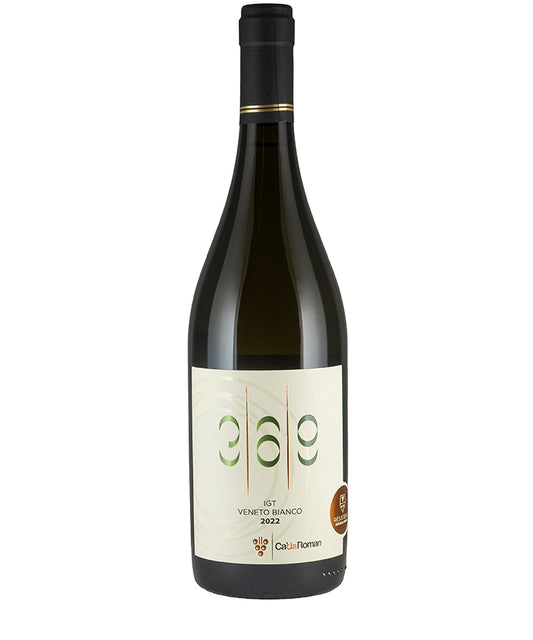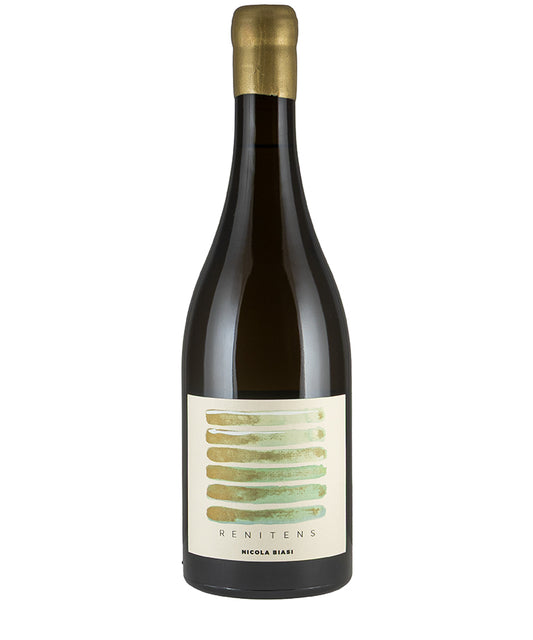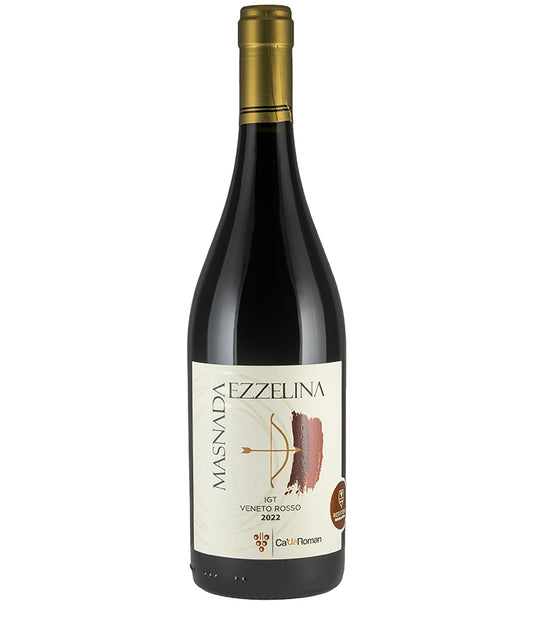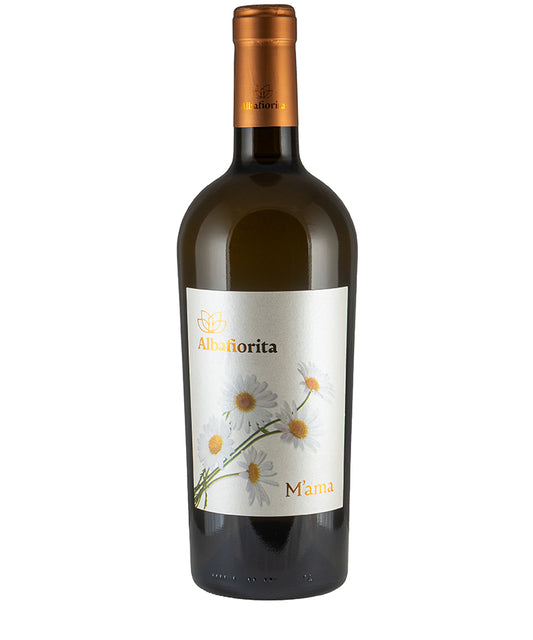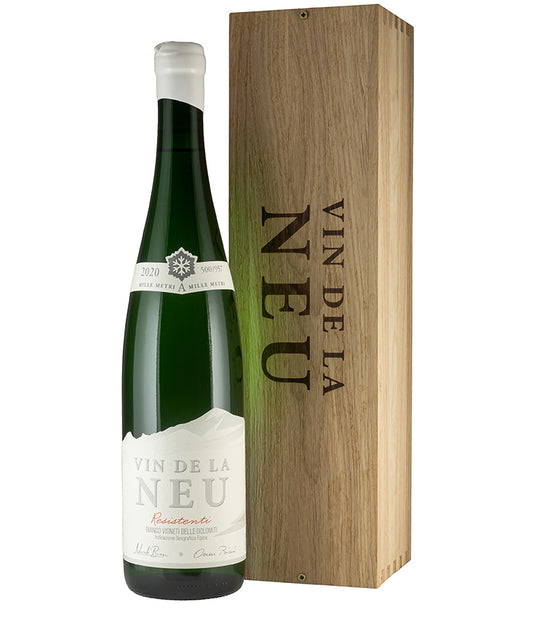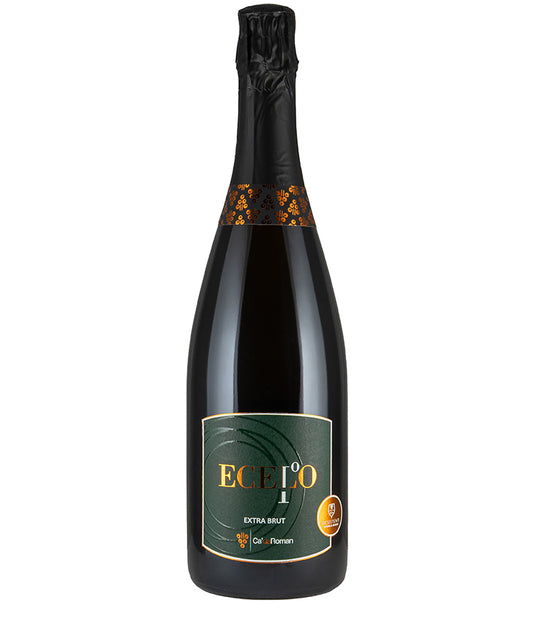PIWI wines are produced from fungus-resistant grape varieties, known as PIWI (from the German Pilzwiderstandsfähig), which are bred through natural crossbreeding to resist common vineyard diseases like powdery and downy mildew. These resistant varieties significantly reduce the need for chemical pesticides, making them a cornerstone of sustainable viticulture. As climate change and environmental concerns reshape the wine... Read More
PIWI wines are produced from fungus-resistant grape varieties, known as PIWI (from the German Pilzwiderstandsfähig), which are bred through natural crossbreeding to resist common vineyard diseases like powdery and downy mildew. These resistant varieties significantly reduce the need for chemical pesticides, making them a cornerstone of sustainable viticulture. As climate change and environmental concerns reshape the wine industry, PIWI wines offer a viable, eco-friendly solution by promoting biodiversity, reducing carbon footprints, and enabling low-intervention farming. With growing interest in organic wines and sustainable agriculture, PIWI wines are increasingly seen as the future of responsible winemaking.
Resistant grape varietals are today the best and most effective way to achieve truly sustainable winemaking. Their natural resistance to fungal diseases allows for a drastic reduction in the number of treatments, for an effective protection of the environment, the territories, and the people.
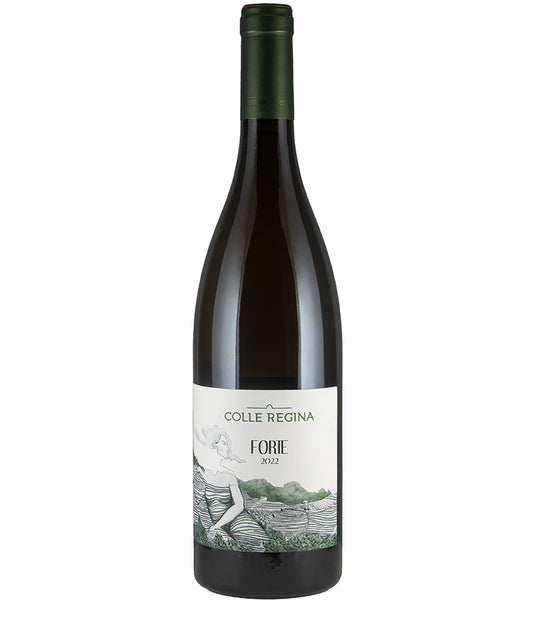
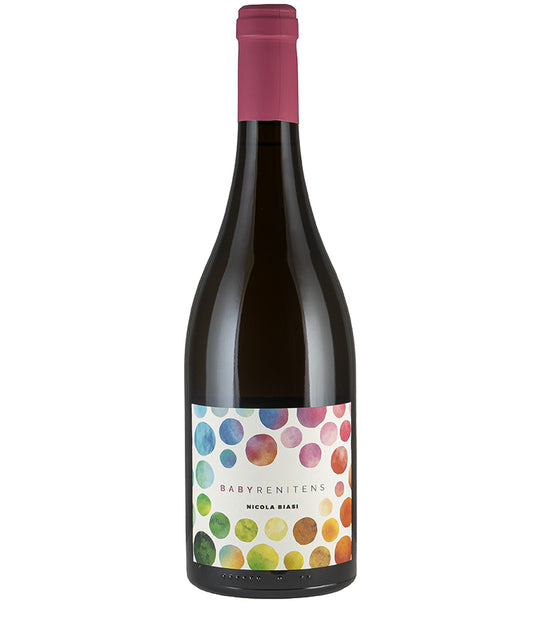 Sold Out
Sold Out